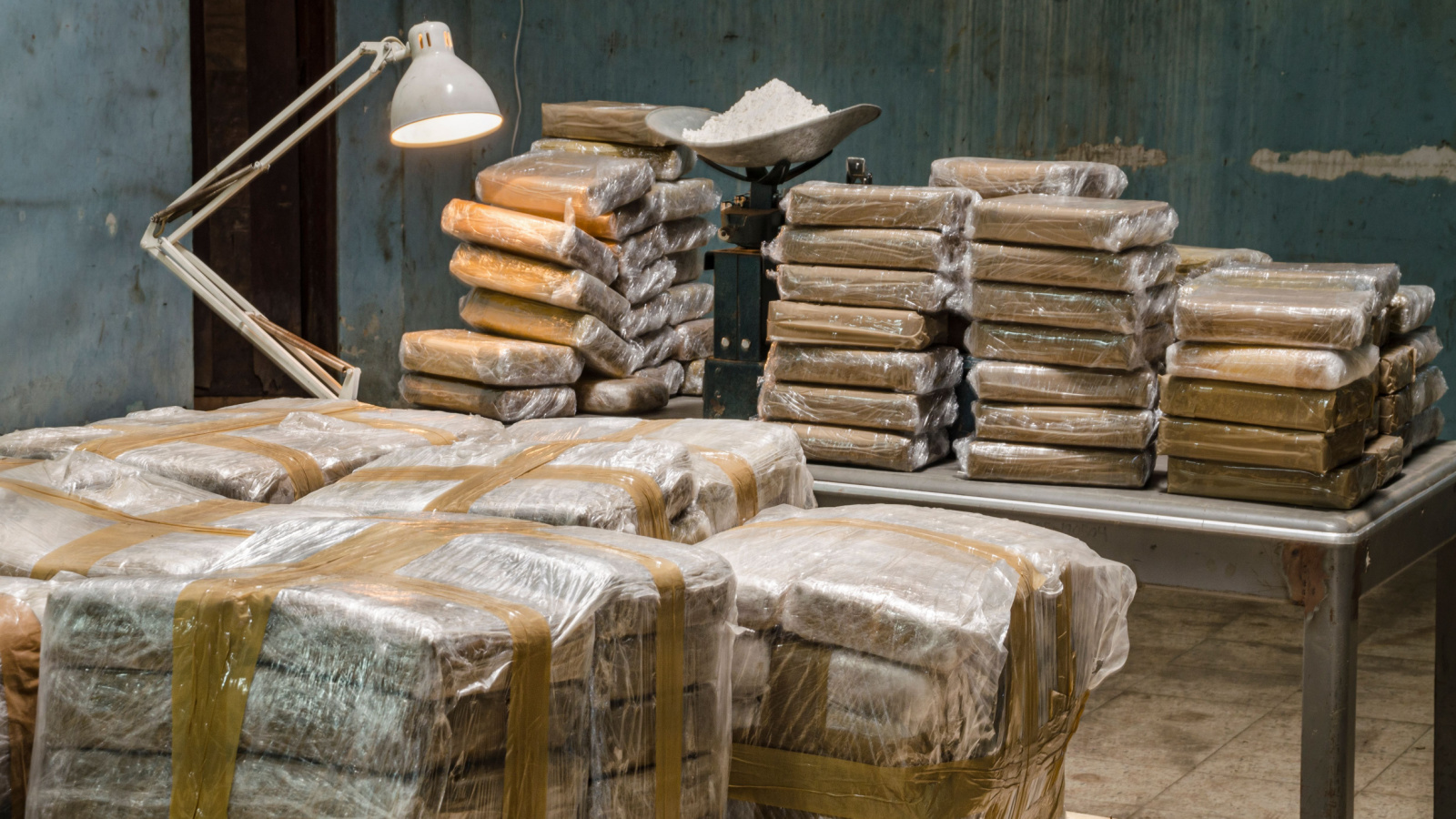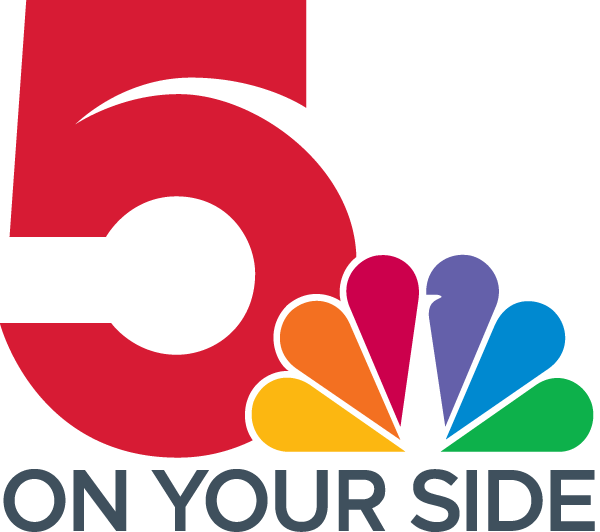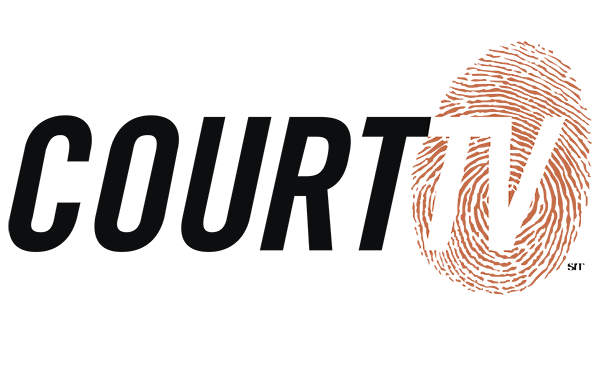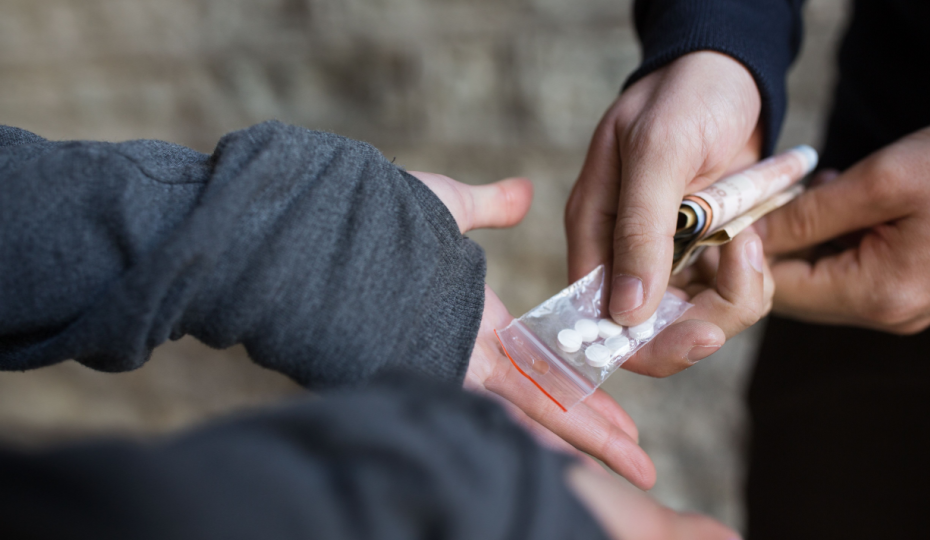What Are Drug Trafficking Charges?
If you are caught with a small amount of drugs, you may only be charged with simple possession.
Protect your freedom and future. Contact our St. Louis criminal defense lawyers today.
However, if found with a quantity of drugs greater than for your personal use, or if there are any indicators of manufacturing or trafficking of drugs, federal prosecutors may want to try you on federal drug trafficking charges. You need to speak with a drug trafficking attorney at
Charges associated with drug sales and drug trafficking are much more severe than other federal drug-related crimes. With a higher punishment comes a higher burden of proof requirement for federal investigators and prosecutors. Hiring an aggressive and experienced criminal defense attorney is your best chance at beating the government’s burden of proof and getting the charges reduced or dropped.
Types of Drug Trafficking Charges
There are various types of drug trafficking charges that individuals may face, depending on the nature and scope of their involvement in the illegal drug trade. The specific charges can vary by jurisdiction, but here are common types of drug trafficking charges:
- Possession with Intent to Distribute: Involves the possession of illegal drugs with the intent to sell, distribute, or deliver them. The quantity of drugs may influence the severity of the charges.
- Distribution of Controlled Substances: Charges for distributing controlled substances, including selling drugs to others. The charges may be based on actual sales or attempts to sell drugs.
- Drug Manufacturing and Cultivation: Involves the production or cultivation of illegal drugs, such as methamphetamine, cocaine, heroin, or marijuana. Trafficking charges can be separate from manufacturing charges.
- Conspiracy to Traffic Drugs: In cases where individuals collaborate to engage in drug trafficking, they may face conspiracy charges even if the illegal transactions did not occur.
- Trafficking Across State or National Borders: Charges related to transporting illegal drugs across state or international borders. This may lead to federal charges due to the interstate or international nature of the crime.
- Drug Smuggling: Involves the clandestine transportation of illegal drugs across borders, often using hidden compartments or methods to avoid detection.
- Maintaining a Drug Trafficking Location: Charges for operating or maintaining a location where drug trafficking activities occur, such as a drug house or distribution center.
- Money Laundering: Charges related to the processing of illegally obtained money from drug sales to make it appear as though it came from legal sources.
- Racketeering Influenced and Corrupt Organizations (RICO) Act Violations: Involvement in organized criminal enterprises, such as drug cartels, that engage in a pattern of racketeering activities, including drug trafficking.
- Conspiracy to Commit Money Laundering: Charges for planning or participating in schemes to launder money derived from drug trafficking activities.
- Illegal Prescription Drug Distribution: Involves the distribution of prescription drugs without a legitimate medical purpose, often through fraudulent means.
- Aggravated Trafficking: Enhanced charges based on factors such as the quantity of drugs involved, previous convictions, or the use of violence in drug trafficking activities.
It's important to note that drug trafficking charges can carry severe penalties, including lengthy prison sentences and significant fines. The specific charges an individual may face depend on the circumstances of their case and the laws of the jurisdiction in which they are charged. Legal representation from an experienced criminal defense attorney is crucial for anyone facing drug trafficking charges.












































